- All
- Career orientation
- Emotional well-being at work
- Soft skills development
Let Your Work Speak Volume: Media Training for Young Researchers

Disseminating research findings to a wide audience is always one of the most important goals that yo...
AI tools in academia by the Struggling Scientists
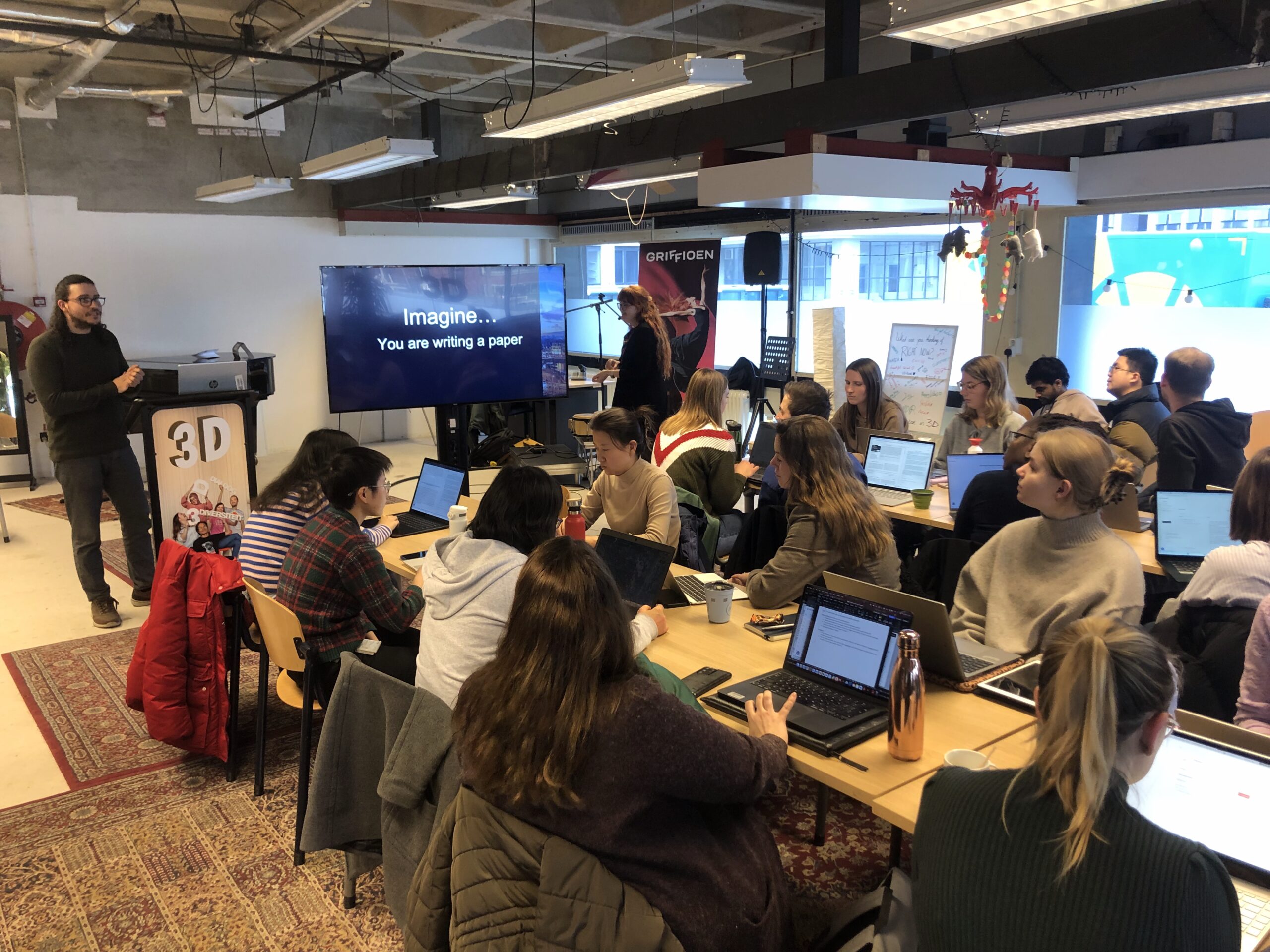
AI is rapidly changing the academic landscape, offering researchers a vast array of tools to enhance...
Debating: you know you are right – but can you prove it?

Proving factual claims with evidence is what great science is all about. Yet, we may get difficult q...
How to Cope with Burnout by Victor Kraak

Filling yourself with a sense of wellbeing is an important factor that carries you, as junior resear...
Tips and Tricks for Interdisciplinary Research with Dwarsleggers
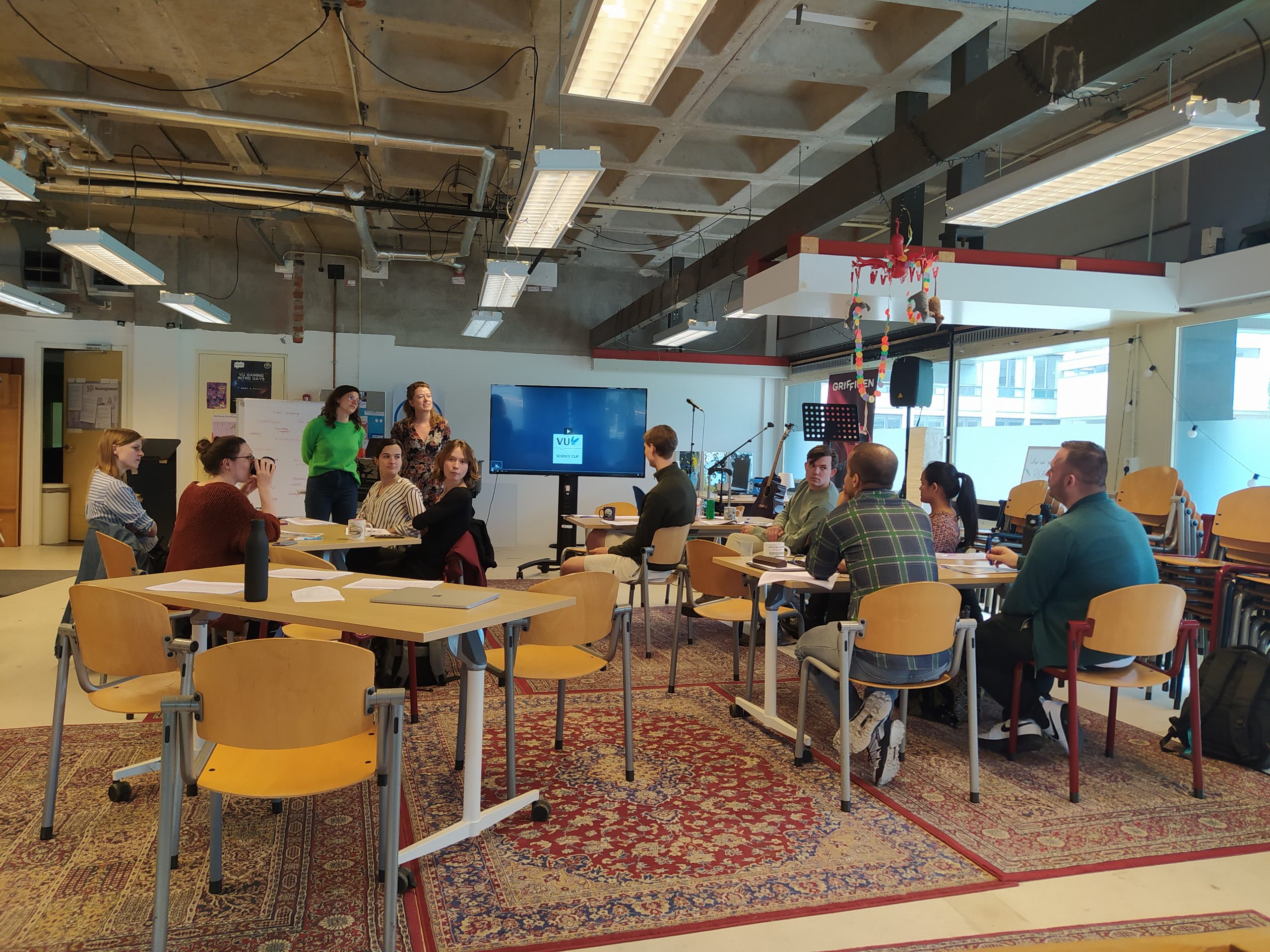
Researchers, especially those at junior level, are often encouraged to step out of their comfort zon...
Marketing your Research by Lennart Wesel
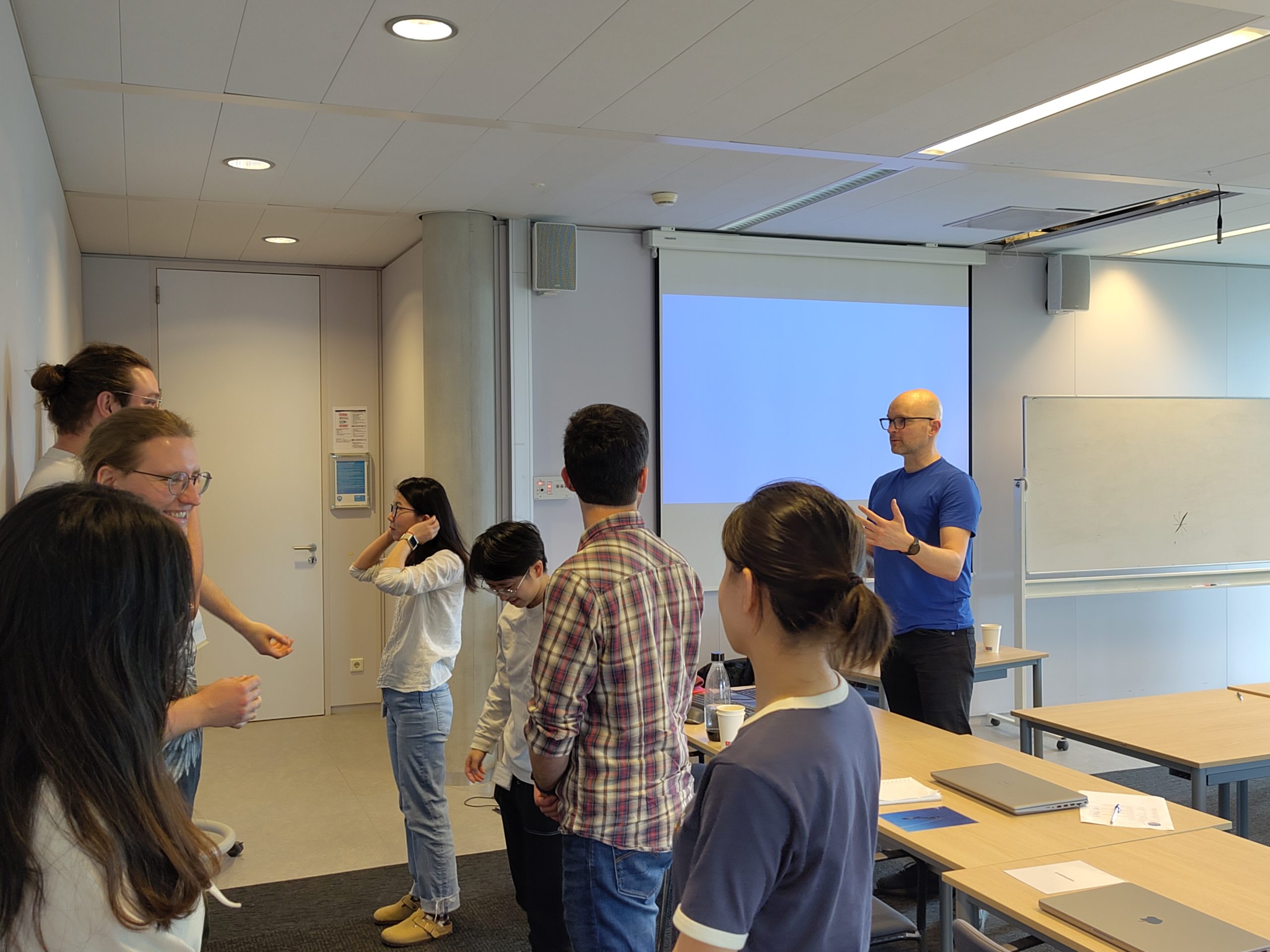
As researchers, we are deeply invested in our work, yet presenting our findings in an accessible and...
Presenting yourself in your CV and motivation letter by Marieke Hohnen

Apart from research, it is important to think about the next career step after you finish your PhD o...
Time Management with Jeanine de Bruin
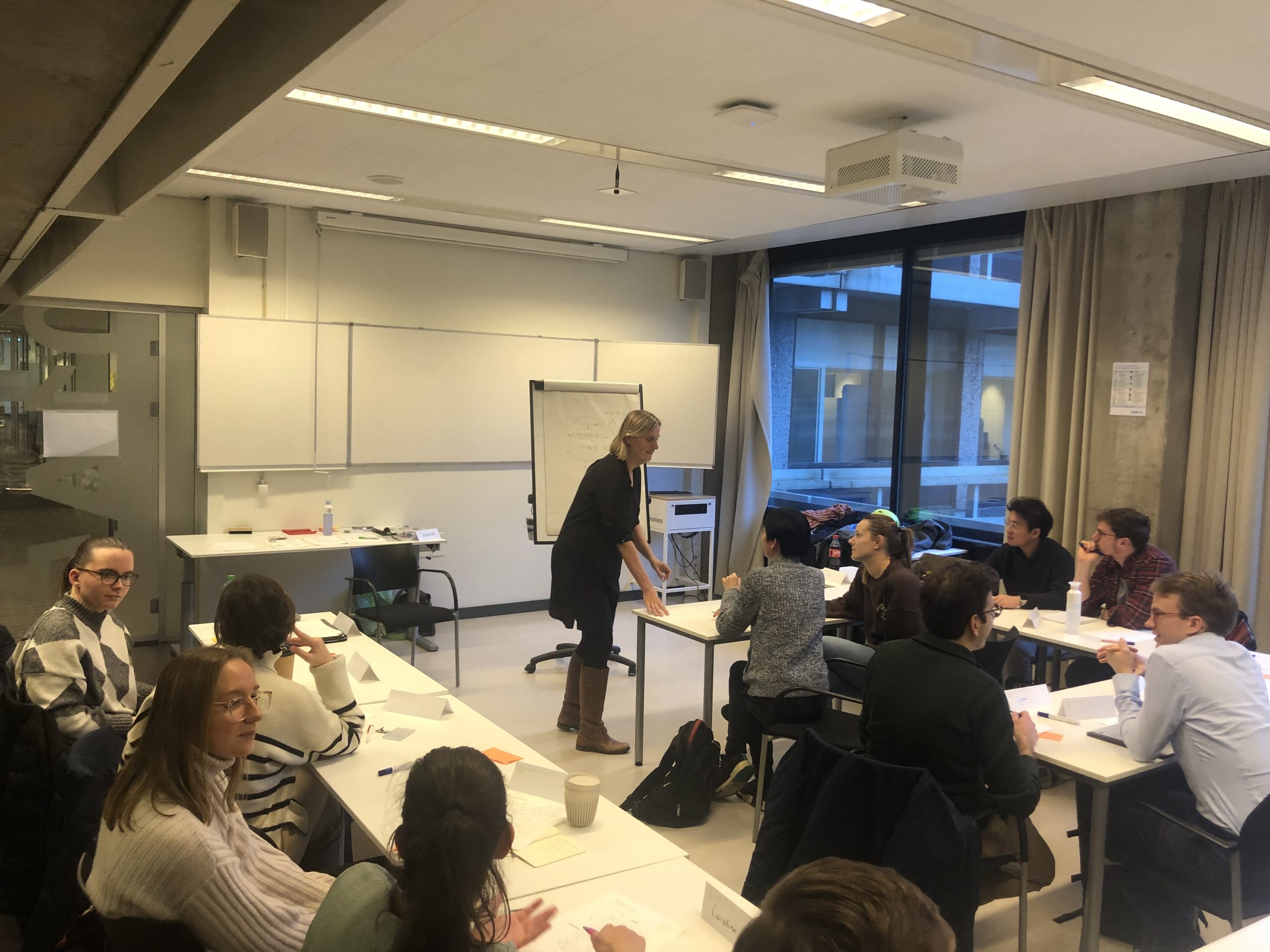
One of the significant advantages of being a PhD student or Postdoc is the flexibility to plan your ...
Engaging in Public Conversations by Sem Barendse
As a scientist, one of your responsibilities is to report your findings and communicate them to your...
Supervising Students by Jeanine de Bruin from Hakuna Matata
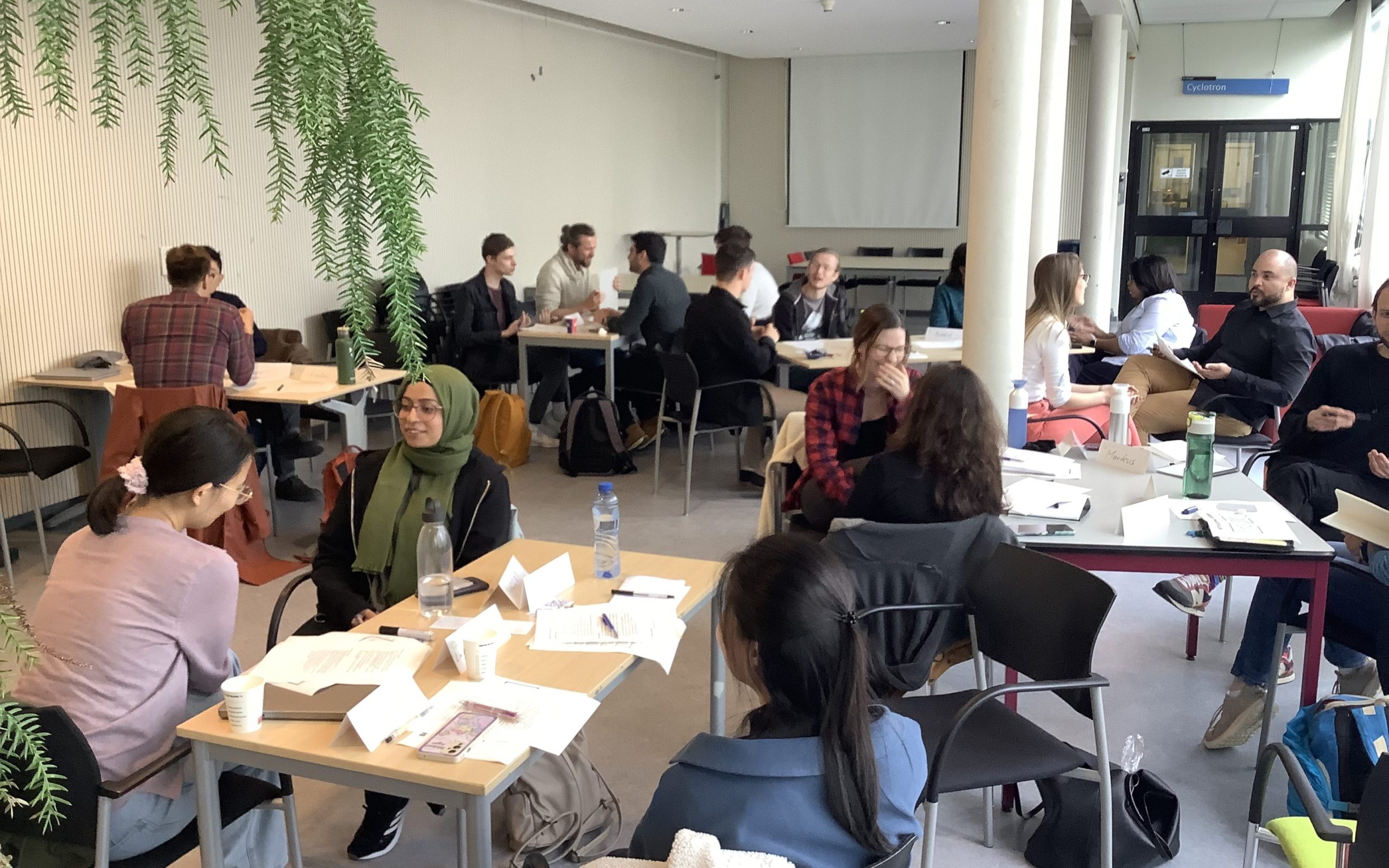
As a Postdoc or PhD student, one of your tasks may include supervising students. While we all have b...
Meaningful networking by Astrid ter Wiel from BHertz

As researchers, we know that networking is important to boost our academic careers. However, sometim...
Marketing your research by Lennart Wesel from Hakuna Matata
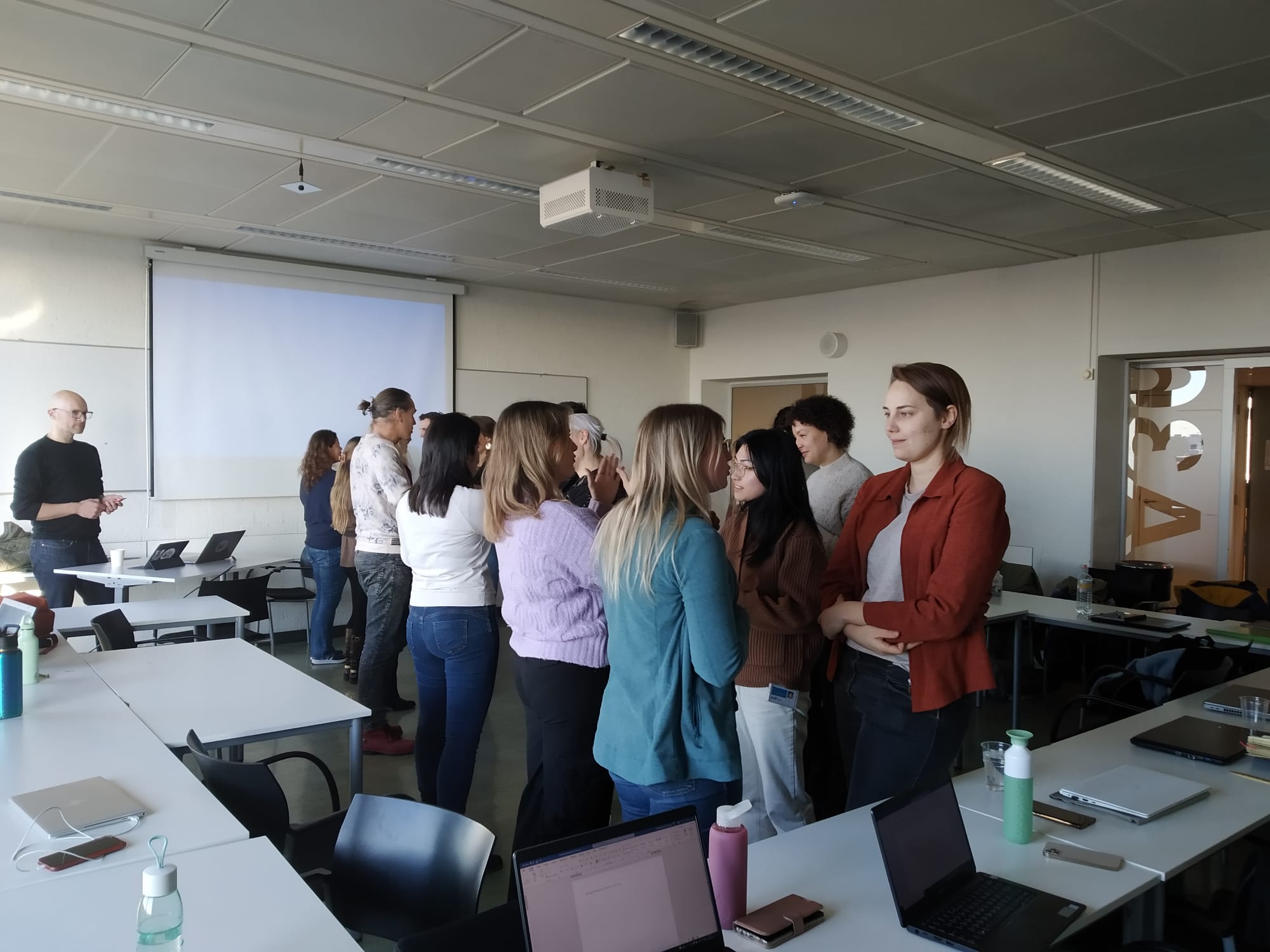
As researchers we are passionate about what we are doing, but presenting our research with unfamilia...
